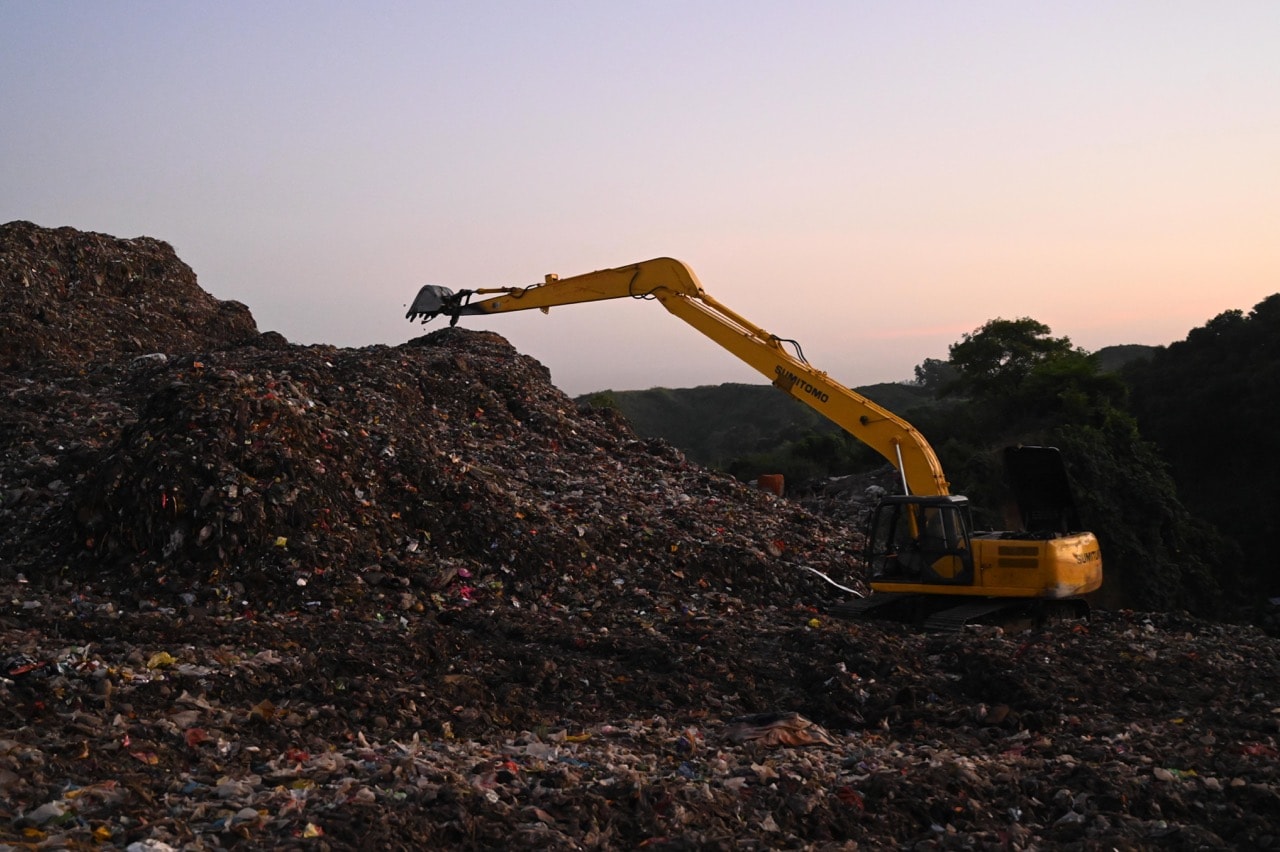Eliminating Food Waste At Meadow

Food waste is not a new problem.
In fact, it was first identified as a concern by the Women’s Institute in 1915 amidst the food shortages of the First World War and has remained a matter of importance ever since.
However, in the century that’s passed there’s been a change in what we identify as the nature of the problem. The scarcity of food is no longer the primary issue when it comes to why we’re concerned about waste, it’s the devastating impact it’s having on our planet.
In this blog, we’ll explore why food waste is such an important environmental issue and the steps we are taking to reduce our wastage here at Meadow.
Why Food Waste Is A Problem
Food waste is a huge concern here in the UK, with 3.6 million tonnes discarded by the food industry every year.
This is not just a problem that’s confined to the UK, it’s very much a global issue with nations like China and the US among the highest discarders of food. Across the world, we waste a third of all the food produced.
What is startling is the fact that if it were a country, global food waste would be the third highest emitter of greenhouse gases, which highlights the severity and universal scale of the problem.
This is because a huge proportion of discarded food ends up at landfill sites, where it will degrade over time and it’s during this process of ‘degradation’ that methane gases are released into the atmosphere.
These methane gases are 80 times more potent when it comes to global warming than CO2 and are incredibly harmful air pollutants.
Not only do these gases emit dangerous toxins into our air but when rain falls, they combine with the dissolving food to create toxic chemicals that seep into both groundwater, which can impact soil fertility, and local water sources which can affect ecosystems.
So given how damaging food waste can be, we know how important it is that we work hard to reduce what we discard.
Reducing Our Food Waste At Meadow
At Meadow, we are striving to become a more sustainable business every day, meaning we continue to work hard behind-the-scenes to reduce our environmental output and food waste.
Fortunately, we don’t produce solid food waste and most of our ingredients are reused if there is excess in production.
Instead, owing to the fact most of our products are liquid, we focus our attention on our drainage waste and given that this could potentially cause damage to local ecosystems we work hard to hit our targets in preventing losses to drain.
Over 26 pallets of products donated to our chosen charity partner, @TRJFProject today. We’re glad we are able to make good use of our surplus products by not letting them go to waste and instead helping out organisations that will feel the benefit of them 👏🏻
#TeamDairy pic.twitter.com/nsK5FIa0qD— Meadow (@WeAreMeadow) April 9, 2020
Putting Our Surplus Food To Good Use
During the pandemic, there was a worrying number of dairy producers that took the decision to dump the surplus food that they had accrued following the closure of restaurants and cafes across the country.
Initially, during lockdown, the immediate need for our products naturally fell. Still, we weren’t willing to see our quality ingredients simply go to waste while customers were unable to utilise them.
So, we decided to donate tonnes of our products including sour cream, soft cheese and Greek yoghurt to charities and foodbanks across the UK.
We worked with a number of charities such as The Real Junk Food Project, which helped Meadow to redistribute our surplus food to foodbanks and homeless shelters across the UK.
We were proud to be able to support these charities and give back to causes doing vital work both locally and nationally, rather than just discarding our excess produce and contributing to the wider problem of food waste.
If you would like to discover more about our business and our pledges to be a responsible company, you can follow us on Twitter and LinkedIn.
